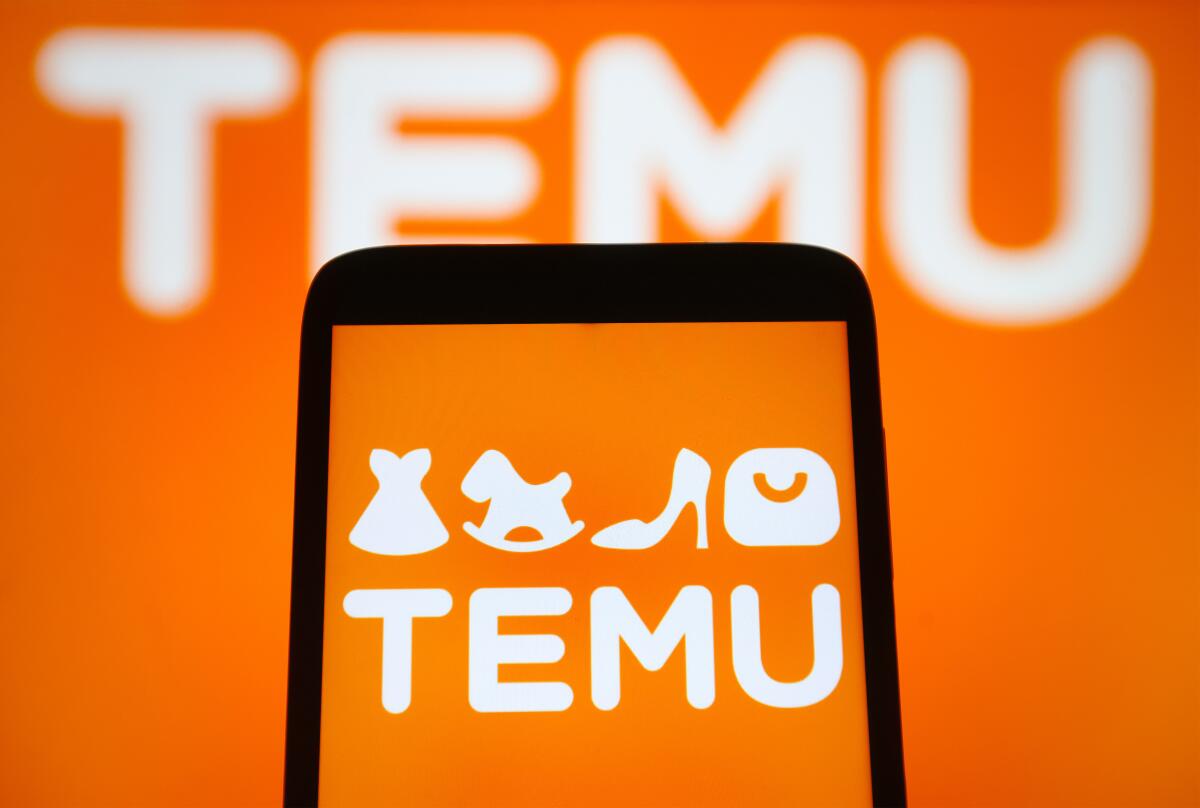A recent court ruling in South Africa mandates that Chinese online retailers Shein and Temu will now be required to pay standard import taxes on goods valued under R500. This development follows accusations from local retailers and stakeholders in the textile industry, who claimed that these companies were taking advantage of a tax loophole that kept their import costs low.
Previously, the de minimis rule allowed Shein and Temu to bring in clothing parcels valued under R500 through customs with a 20% import duty and no VAT. Local retailers, however, faced a 45% import duty plus 15% VAT on imported clothing, putting them at a disadvantage.
Starting 1 July, this rule will change, equalizing the tax obligations for all retailers. An item that previously cost R120 on Shein or Temu will now cost consumers R166.
Jean Louis Nel, a tax attorney at Van Huyssteens commercial attorneys, commented on the impact of this change during an interview with Motheo Khoaripe on The Money Show:
“…obviously retailers are aggrieved by this, because any imports that they bring into South Africa is at a value of 45%, plus 15% VAT.”
“…it does place local retailers under a lot of pressure, because goods are imported at a lower value. Clients or consumers would be inclined to pay less for goods as opposed to going to a store and paying a bit more.”
“If goods are imported, the lower tariff price is paid. It does force local retail stores to drop their prices…but I do believe that would eat into their profit margin.”
“If one considers some of the prices on Temu or Shein, it’s still relatively cheaper to import as opposed to buying locally.”
The potential changes to import duties are not intended to burden consumers but to create a fair competitive environment for local and international players in South Africa’s textile and apparel industry. Dr Mark Goodger, CEO and founder of Maritime Legal Solutions and Chartered Tax Adviser from the South African Institute of Taxation, elaborated on this:
“It is not a move directed at depriving any particular community of receiving that low-value product. It is rather a corrective move towards a level playing field, and in terms of the customs that the values declared must be correct.”
This adjustment comes after the South African Revenue Service (SARS) committed to taxing all clothing parcels with an import duty of 45% plus VAT from 1 July 2024. The Foschini Group’s CEO, Anthony Thunström, emphasized the significance of this decision:
“It’s a big move, and I think it will help local industry, including local production and jobs.”
The de minimis rule allowed high-volume, low-value shipments to enter South Africa with minimal customs intervention, which was beneficial for trade and customs efficiency. However, Shein and Temu’s use of this provision highlighted disparities between local and direct-from-China importers. Goodger explained:
“Definitely, there is a concern that if one particular entity or another does receive such an advantage, then it is considered to be not a level playing field.”
Thus, SARS has been requested to eliminate this tolerance for items like textiles, apparel, and clothing to ensure fairness in the market.
Chinese eCommerce giants Shein and Temu have rapidly captured the South African online market through competitive pricing and aggressive marketing campaigns. Their strategies, modeled after their successful penetration of the US market, include extensive advertising and substantial spending on marketing. For instance, PDD Holdings, the owner of Temu, spent $3 billion on sales and marketing in Q3 2023 alone.
This aggressive approach has made Temu the most downloaded app in South Africa, overshadowing local competitors. South African eCommerce players, despite their local connections, struggle with limited marketing budgets, which restricts their ability to compete with Shein and Temu’s financial muscle. This disparity is evident with major players like Takealot considering the sale of Superbalist due to intense competition.
Crackdown on Shein and Temu Sparks Online Petition in South Africa
Following the South African government’s announcement of a crackdown on online retailers Shein and Temu, a wave of protest has emerged, culminating in an online petition. The petition opposes the imposition of higher taxes on orders from these platforms, which is set to take effect next month.
Starting July 1, the South African Revenue Service (SARS) will begin taxing all clothing parcels with an import duty of 45%, in addition to Value Added Tax (VAT).
The petition on change.org.za states:
“South Africans cannot afford this, we buy from Shein and Temu because we cannot afford clothes from local businesses, the point of Shein and Temu is affordability. SARS can increase the tax so quickly, yet they don’t do anything regarding serious issues in South Africa. Shein and Temu don’t only benefit consumers but local couriers as well. This is not fair on consumers, the government does not care about us citizens, they just want to eat up all of our money.”
This petition highlights the financial strain that many South Africans face, pointing out that affordability is the primary reason for purchasing from Shein and Temu. It argues that the rapid tax increase contrasts sharply with the perceived inaction of SARS on more pressing issues within the country.
The sentiment expressed in the petition underscores a broader discontent with the government’s approach, suggesting that while swift action is taken to increase tax revenues, other significant challenges remain unaddressed. The petitioners emphasize that Shein and Temu provide not only affordable options for consumers but also benefit local couriers, thereby contributing to the local economy.
This issue raises questions about the balance between protecting local industries and providing affordable options for consumers. It also brings to light concerns about government priorities and responsiveness to the needs of its citizens. As the July 1 implementation date approaches, the response from the public and any potential adjustments by SARS will be closely watched.
The future of South African eCommerce will depend on how effectively local players can adapt to these changes and leverage their strengths in an increasingly competitive market.


















